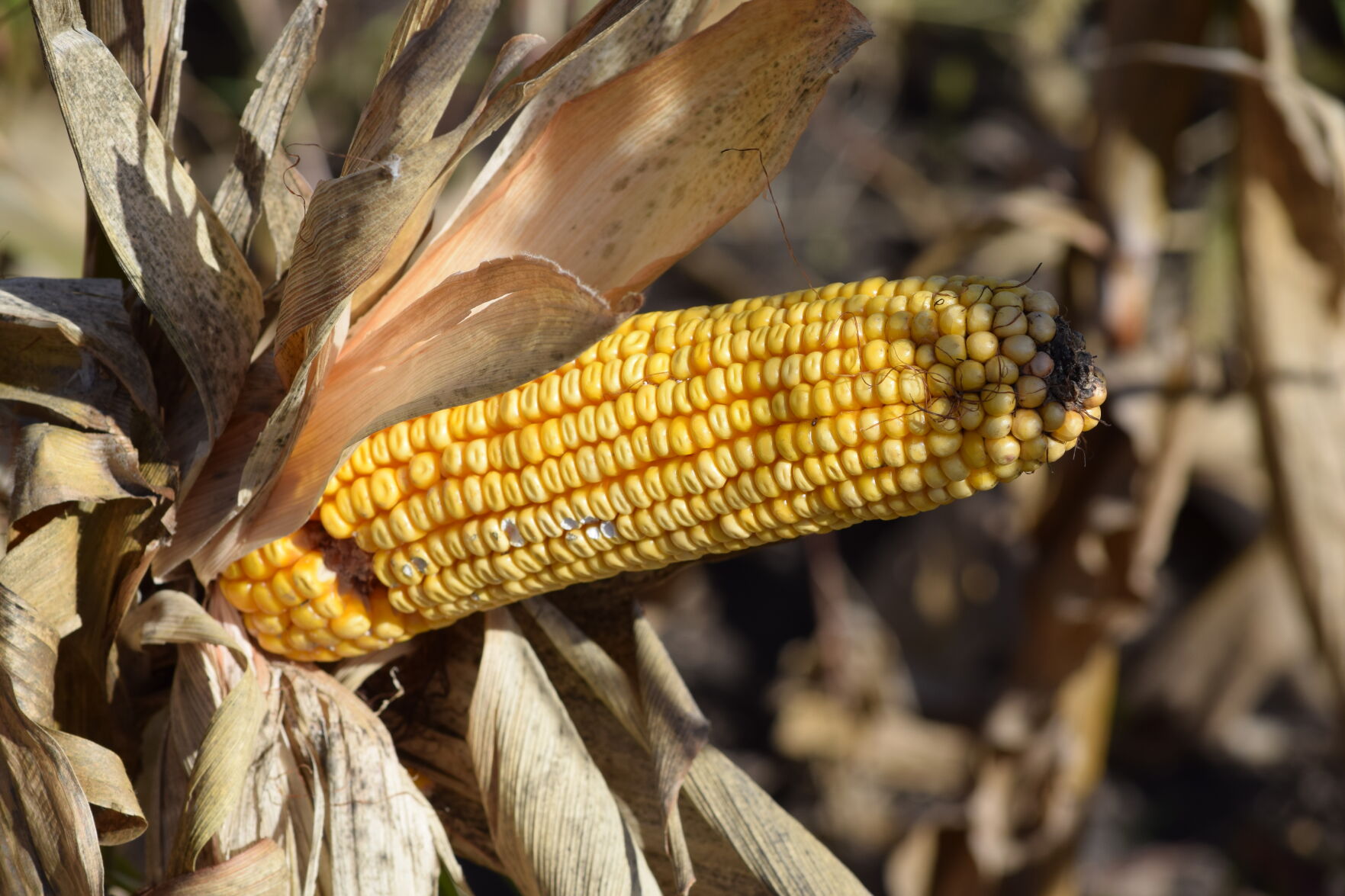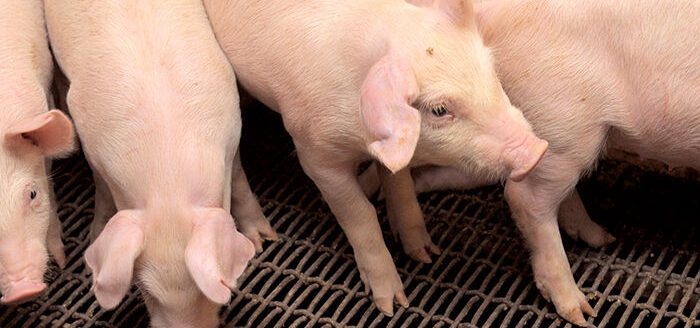New corn quality concerns publication provides timely information
Corn is a major ingredient in swine diets (ranging from 70% to 88% on a weight basis), which makes corn the primary energy source for most swine rations. The quality of the corn in these rations can impact animal performance and other management considerations.
A new publication from the Iowa Pork Industry Center, “Corn Quality – Concerns When Grain Does Not Reach Maturity,” offers preharvest, harvest and postharvest considerations for swine producers who grow their own corn and manufacture feed on-farm, as well as for nutritionists and feed mills.
The author is Mark Storlie, swine specialist with Iowa State University Extension and Outreach. He said the content offers good reminders, especially during times of environmental stress or shortened growing seasons.
“Grain that does not reach maturity or is stressed during the growing season due to weather, nutrients, disease or weed competition may be more prone to quality issues,” he said. “Awareness of factors impacting corn quality from field to feed and feed trial research may lead to better management decisions.”
The publication begins with a review of development of the corn kernel and how broken kernels and foreign matter, including mold and mycotoxins, can affect various quality factors. Summarized results from research trials on low-test weight effect on performance, correlation with energy level, and factors influencing corn test weight also are included.
Download the seven-page pdf publication IPIC-MS-June2021 at no charge from the IPIC website.
The Iowa Pork Industry Center was established in 1994 as a coordinated effort of the colleges of Agriculture (now Agriculture and Life Sciences) and Veterinary Medicine at Iowa State. Its mission is to promote efficient pork production technologies in Iowa, maintain Iowa’s pork industry leadership and strengthen rural development efforts.



